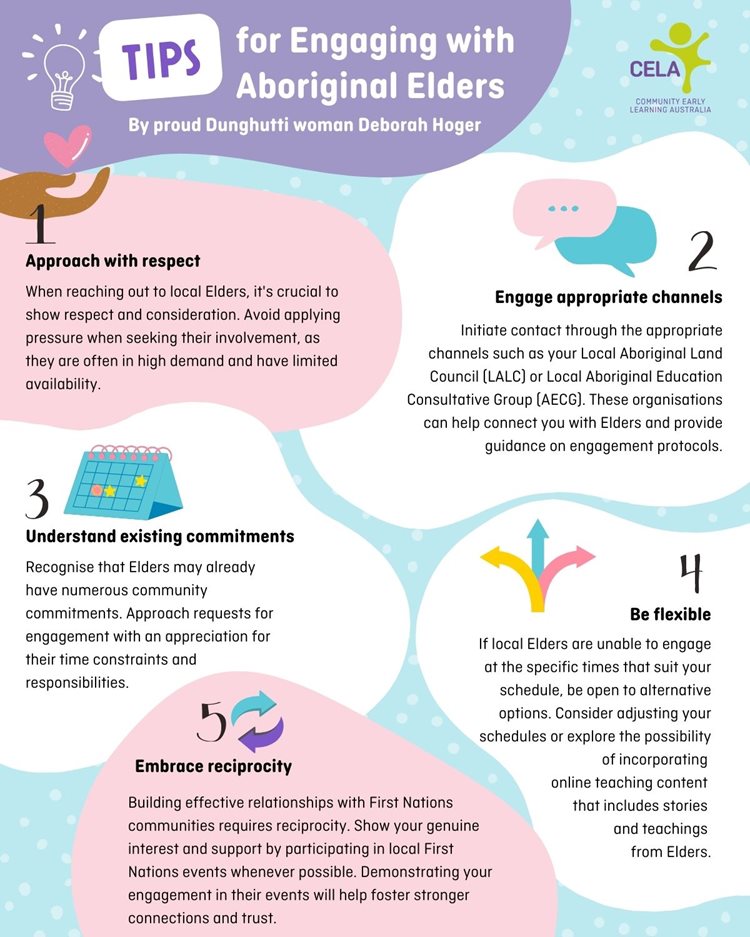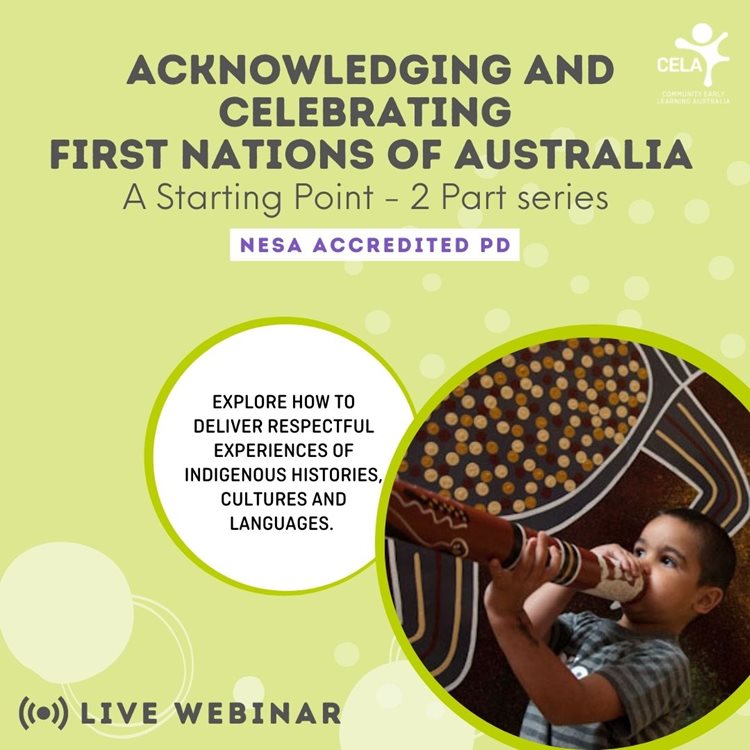Kinship, family and community are at the heart of Aboriginal and Torres Strait Islander culture. Together they form an important part of our collective identity, and at the centre of it all are our Elders, our old people who have come before us and have paved the way for today’s generation. It is for this reason that the 2023 NAIDOC theme For Our Elders is one which will be close to the heart of many across the country.
Our Elders are the backbone of our communities and it is from them that we as a people draw our strength and resilience.
They are cultural knowledge holders, trailblazers, nurturers, advocates, teachers, survivors, leaders, hard workers and our loved ones.
Our loved ones who pick us up in our low moments and celebrate us in our high ones. Who cook us a feed to comfort us and pull us into line, when we need them too.
(Source: NAIDOC)
This year’s theme is all about recognising the important role that our old people have played and continue to play in our lives, both individually and as a community and more broadly as First Nations. For our Elders encourages us to look to our Elders not only for inspiration, but for guidance in the issues that we face today.
We are encouraged to “draw strength from their knowledge and experience, in everything from land management, cultural knowledge to justice and human rights. Across multiple sectors like health, education, the arts, politics and everything in between, they have set the many courses we follow.”
Embracing this year's theme in an early education space
What a wonderful platform this theme provides us to explore the many achievements of our Elders, to learn more about the struggles they have gone through, and to consider the teachings they have to share with us.
In Paul Callaghan’s book The Dreaming Path, he describes the vital role Elders play in First Nations society:
In traditional times, Elders were of critical importance in ensuring the well-being of the community… Among their responsibilities were sharing story, song and dance as well as teaching, leadership, governance, resolving conflict, and overseeing spiritual practice and ceremony.
These roles continue in contemporary times, and we have so much we can learn from our Elders when we facilitate space to listen to what they have to say.
This theme is also about respect. When we do our Acknowledgment to Country in our services, we speak the words around “paying our respects to Elders past, present and future”. This year’s NAIDOC theme is a reminder to not only speak these words out of habit, but to really think about what they mean in practice. When we pay our respects to our Elders, as educators we should consider:
- Who are our Elders and what are their stories?
- What actions can we take to demonstrate our respect for them?
It is very easy to say we pay our respects to our Elders, but how do we actually demonstrate that in practice? This year, you may want to reflect on whether there are ways you can better connect with your local Elders and establish respectful partnerships between Elders and your service.
- Do you know who the knowledge holders are of the land on which your service is located?
- How can you better connect with them and learn from them?
I really believe that questions like these are best reflected on through the lens of a Reconciliation Action Plan, where your service can take a structured approach to building these relationships. Engagement with Aboriginal and Torres Strait Islander communities and Elders is a complex space, but finding ways to do so effectively will help you bring your local history and culture into your classrooms.
Reaching out to Elders with respect and consideration
When reaching out to local Elders in our communities, we must be careful not to apply pressure when we are seeking their involvement. Due to the small number of Elders there may be who are willing and able to engage with organisations, compared to the total number of services there may be in any one geographic area, it should be noted that these knowledge holders are likely to be in high demand in regards to their time, knowledge and presence.
We should always approach requests for engagement with an appreciation that these significant community members may already have a large number of existing community commitments. Initiating contact through appropriate channels such as your Local Aboriginal Land Council (LALC) or Local Aboriginal Education Consultative Group (AECG) should be your first point of call. These organisations will have processes in place for connecting you with Elders.
If local Elders are unable to engage with your service at the specific times of the year when may suit you best, be open to alternative engagement options—can you be flexible with your schedules, or could you perhaps find online teaching content that might include stories of Elders?
Bear in mind that reciprocity is key in establishing effective relationships with First Nations communities; if you want First Nations people to participate in your events, then you also need to take an interest in local First Nations events in your community, and participate in them whenever possible.
 Conclusion
Conclusion
Hearing the stories of our Elders can open up great possibilities for learning. Through listening to these stories we are creating opportunities for our children and for our service overall to better develop knowledge and understanding about First Nations peoples and histories.
As the NAIDOC Week 2023 theme reminds us, “Across every generation, our Elders have played, and continue to play, an important role and hold a prominent place in our communities and families”. This theme is a timely opportunity to learn from the cultures of Aboriginal and Torres Strait Islander peoples, and in particular our old people, who have much wisdom to share if we are willing to listen.
How have you engaged with your community's local Elders or learnt more about local Aboriginal and Torres Strait Islander cultures? Share your experiences and thoughts in the comments.
Further reading:
Read how Highgate ELC built their knowledge of local Aboriginal culture with artist Reverend Glenn Loughrey via this recent Amplify! article: https://www.cela.org.au/publications/amplify!-blog/feb-2023/building-knowledge-local-aboriginal-culture
Read how Barkly Hwy OSHC embedded local Indigenous perspectives in their after school program via this Amplify! article: https://www.cela.org.au/publications/amplify!-blog/june-2022/how-we-embedded-local-indigenous-perspectives
Head to the Reconciliation Australia website for more inspiration and stories: https://www.reconciliation.org.au/narragunnawali-award-winners-announced/
Download a copy of the beautiful 2023 National NAIDOC Week Poster by Bobbi Lockyer, a proud Ngarluma, Kariyarra, Nyulnyul and Yawuru artist: https://www.naidoc.org.au/2023-poster
CELA Professional Development relating to this topic

FIND OUT MORE